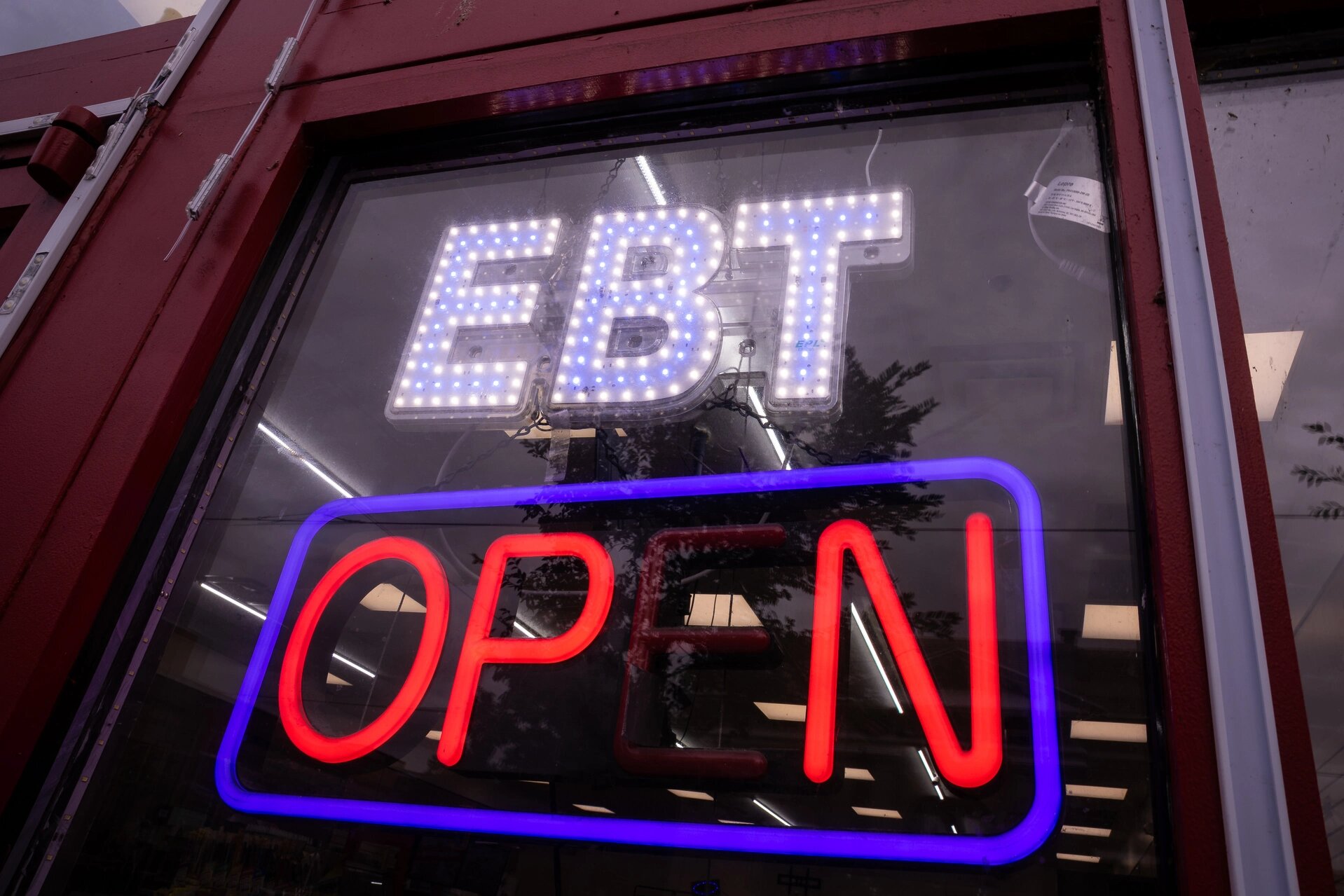The move comes after a federal court ordered USDA to use emergency money for the nation’s largest food aid program during the government shutdown.

The Trump administration on Monday agreed to move billions of emergency dollars to partially pay for food aid this month in response to a federal judge’s order, though some families may not receive benefits for weeks.
Officials will use $4.65 billion from USDA’s contingency fund to support roughly half of Supplemental Nutrition Assistance Program participants’ “current allotments” as the shutdown drags on, according to a new legal filing.
USDA said the plan will leave no money for any new SNAP applicants who applied for the program in November. The administration also refused to tap other funds — like one that holds unused tariff revenue dedicated to child nutrition programs — in order to match the full $8 billion that’s needed for SNAP benefits.
“Section 32 Child Nutrition Program funds are not a contingency fund for SNAP,” wrote Patrick Penn, USDA deputy undersecretary for Food and Nutrition Services in a statement to the court. “Using billions of dollars from Child Nutrition for SNAP would leave an unprecedented gap in Child Nutrition funding that Congress has never had to fill with annual appropriations, and USDA cannot predict what Congress will do under these circumstances.”
SNAP, which serves nearly 42 million Americans, ran out of federal funding for the first time in history last weekend, leaving states, food banks and nonprofit organizations scrambling to fill in the gap.
A federal judge in Rhode Island on Friday ordered officials to keep the nation’s largest anti-hunger program funded during the shutdown. Lawyers for the government previously argued in court that it lacked authority to tap its contingency fund for SNAP and that distributing partial benefits would result in a collapse of the administrative system.
Even with the administration’s reversal, USDA asserts in Monday’s filing that it could still take weeks, and in some states, months for families to receive the reduced benefits.
“For at least some States, USDA’s understanding is that the system changes States must implement to provide the reduced benefit amounts will take anywhere from a few weeks to up to several months,” Penn wrote.
Democracy Forward President and CEO Skye Perryman, a co-counsel on the Rhode Island lawsuit, said in a statement Monday that her organization is “considering all legal options to secure payment of full funds.”
USDA on Friday separately sent a $450 million cash infusion of Section 32 funds to support a nutrition program serving low-income women and children, just before the Nov. 1 funding cliff.
